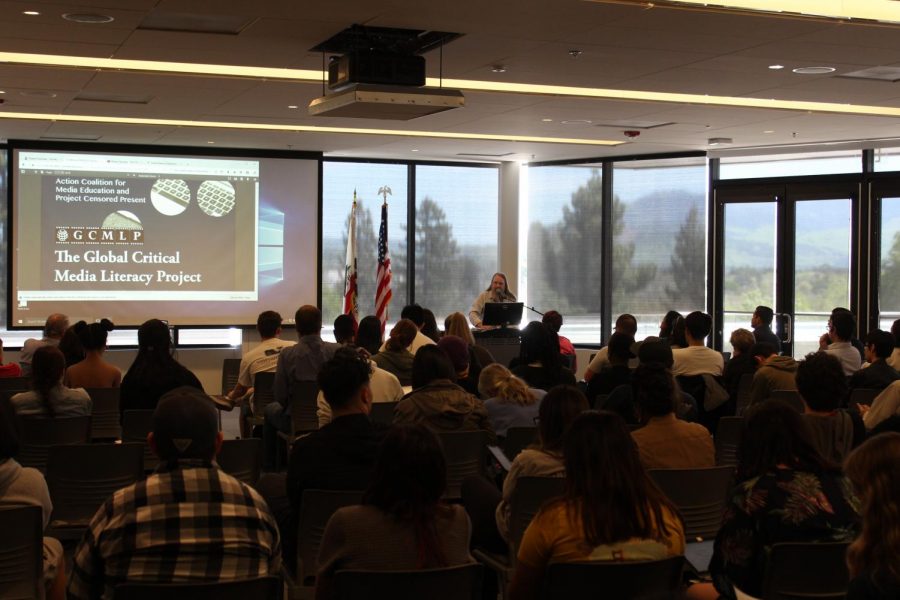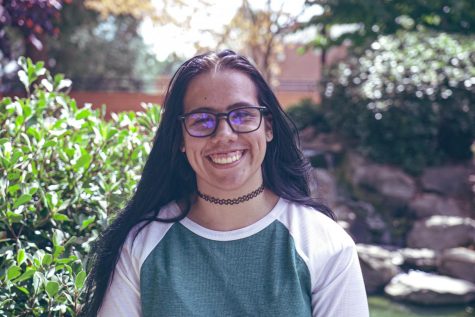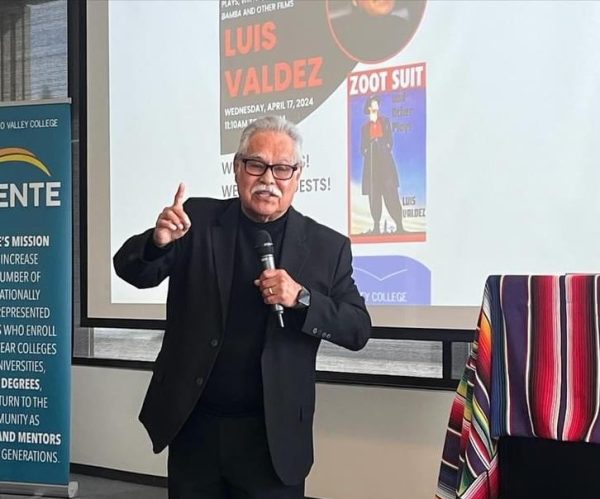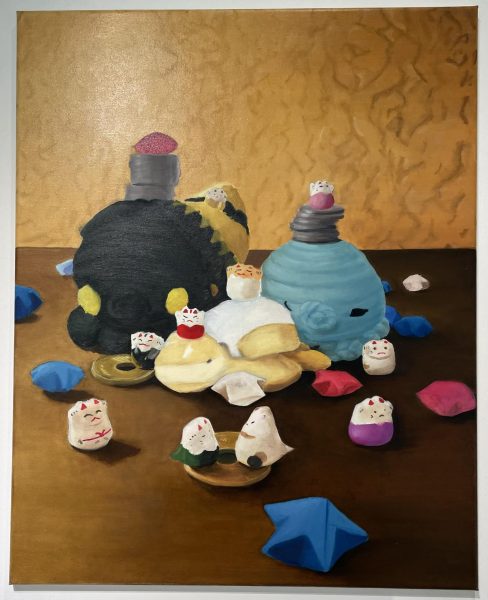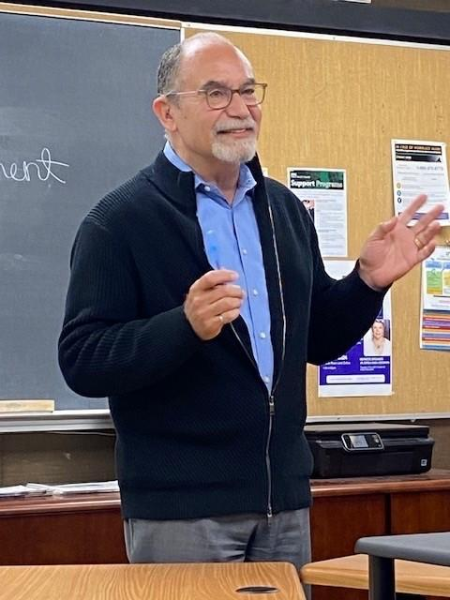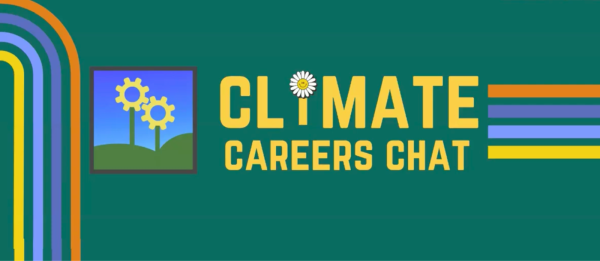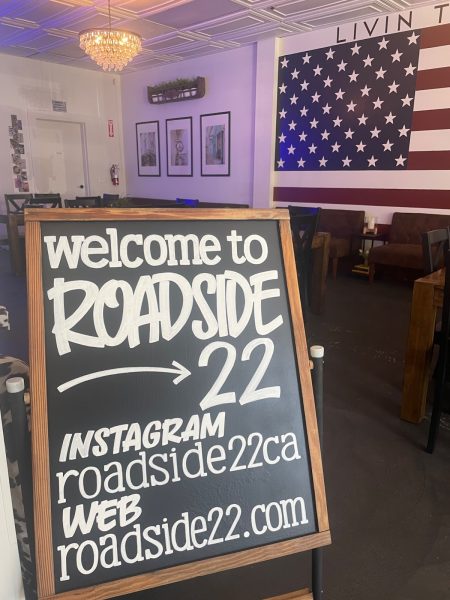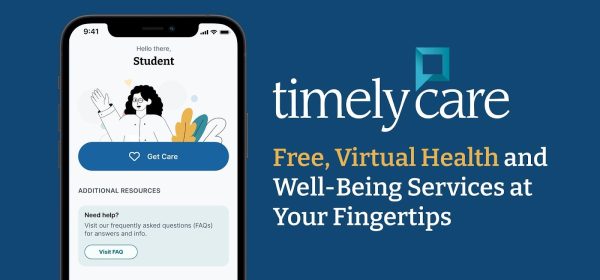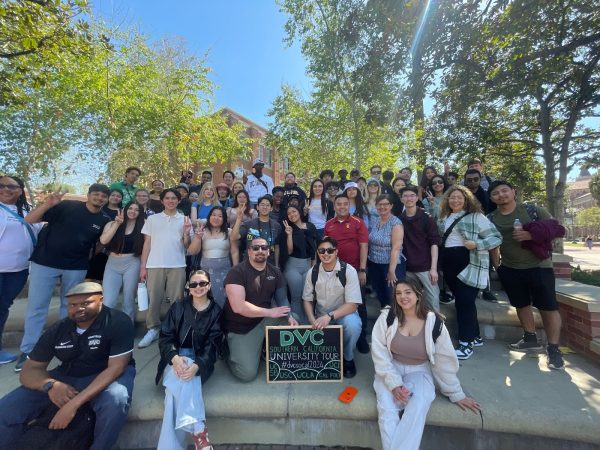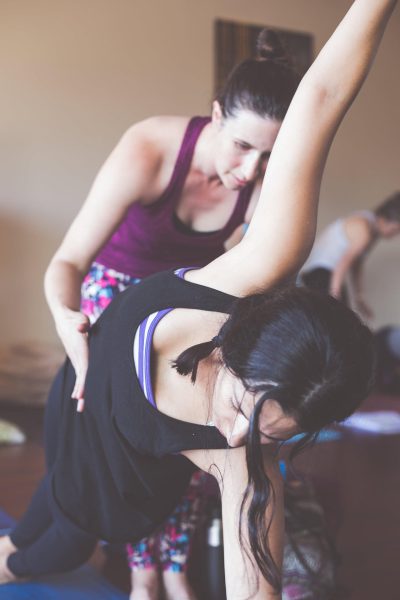Professor Mickey Huff draws audience in the fight against fake news
Professor Mickey Huff addresses the students in the Diablo Room about fake news on April 10. (Alex Martin/The Inquirer).
April 10, 2019
In a time where the term fake news is thrown around, history professor Mickey Huff spoke to a large crowd of students on April 10 in the Diablo Room about the importance of critical media literacy.
“Critical media literacy expands the notion of literacy to include different forms of mass communication in popular culture as well as deepen the potential of education to critically analyze relationships between media and audiences, information, and power,” said Huff. “It involves cultivating skills in analyzing media codes and conventions, abilities to criticize stereotypes, dominant values, ideologies, and competencies to interpret the multiple meanings generated by the media.”
Huff runs Project Censored, a nonprofit organization located out of Diablo Valley College that aims to educate students and the public about the importance of a free press. According to their mission statement, Project Censored “expose and oppose news censorship and we promote independent investigative journalism, media literacy, and critical thinking. Through our website, weekly radio program, annual book, and other programs, we provide this service to the United States, Canada, UK, and the world.”
During the presentation, Huff pushed his audience to always use critical thinking skills when analyzing media. Audience members were respective to Huff’s notion. Many students who attended the talk were there because of a class or have been following Project Censored’s work.
“It’s important to think about images, it is important to take back and process the things we see,” said DVC student Gus Guerrero.
Project Censored discussed their five steps to “flex media literacy muscles” that include digesting corporate media organizations like CNN and Fox News. Huff emphasized the lack of validity they hold and stated they have an agenda set out. One of the steps Huff shared was: follow the money, which seeks the consumer to analyze what the interests of a news organization truly are and how it affects content.
“All sources have things about them that are useful and all sources have the potential to be problematic,” said Huff. “That’s why I try to teach critical thinking and media literacy so you can be the judge about what you think about the New York Times or Washington Post.”
As a dialog sprung against fake news, some students opened up to Huff with questions about consuming media in the United States−and how to properly combat it.
“We don’t even know how to fight or that we should be fighting because we think everything is fine,” said DVC student Mariah Tran. “In America, we’re all taught to believe in equality and freedom and justice, so there’s no need to fight for those things if we already have them. As a woman of color, those things really don’t exist for me.”
With the understanding of media literacy, Huff forwarded the notion to combat the spread of fake news through following independent journalism. To seek out and read news that he sees to have more authenticity. According to Huff, journalism should not aim to be objective and insert false equivalencies but to tell the public what is truly happening with transparency and properly sourced information.
“Censorship is a thing, propaganda is a thing, information control is an entire industry,” said Huff. “And the more you’re aware of it, the more you’ll be able to do something about it.”





































































